The world is moving fast in the digital age. The businesses today get data from many sources. The process of turning that data into useful knowledge was slow & full of mistakes. The method of Data Automation for Smarter Business Decisions now changes this. The use of technology makes data collection, cleaning, analysis & sharing automatic with very little human work. The result is faster choices, more accuracy & strong growth.
What Is Data Automation for Smarter Business Decisions
The idea of data automation is simple. The process uses technology to handle data tasks from start to finish with very little human work. The process includes collecting data from sources like sensors, APIs or websites. The process also cleans & changes raw inputs into proper formats. The tools then study the data with AI or simple analytics. The insights are then given through dashboards or reports. The result is faster decisions with fewer mistakes.
Why It Matters: Business Benefits of Data Automation
- Real Time Insights & Responsiveness: The automation gives real-time analysis & instant reports. The dashboards update by themselves & send alerts when targets move beyond safe levels. The teams can act fast in the market.
- Accuracy & Efficiency: The automation removes human mistakes. The results are consistent & correct, which makes decisions more reliable.
- Scalability & Resource Optimization: The system can grow as data grows without needing more staff. The team can focus on using results instead of crunching numbers.
- Enhanced Decision Quality with AI & Predictive Analytics: The smart automation uses AI to find patterns & predict the future. The business leaders can plan with confidence.
- Improved ROI & Analytics Accountability: The process tracks saved time, reduced cost & higher revenue. The leaders can see clear proof of return on investment.
Risk Management & Compliance: The automated systems find unusual data, forecast risks & follow rules automatically. The company stays safe from compliance problems.
How to Implement Data Automation for Smarter Business Decisions
Step 1: Define Objectives & Prioritize Use Cases
The process must begin by finding high-value areas like demand forecasting, fraud checks, marketing reports or customer service. The small projects give quick wins.
Step 2: Automate Data Collection
The business can use APIs, RPA or smart tools to collect structured & unstructured data in an easy way.
Step 3 Clean Transform & Govern
Tasks like data cleaning, checking & managing can be automated with workflows. The result is high-quality data.
Step 4: Analyse with Augmented Intelligence
The AI & machine learning can study data, build models & give insights. The leaders can see trends before they happen.
Step 5: Deliver Insights
The tools give automatic reports, alerts & visual dashboards. The teams without technical skills can also use the data.
Step 6: Train Teams & Enhance Data Literacy
The staff must learn how to use tools properly. The training makes sure they use insights in the right way.
Step 7: Monitor Optimize & Scale
The system must be checked often for performance. The good projects can then be used in many departments.
Quick Reference Table
| Stage | Automation Focus | Business Impact |
| Data Collection | APIs RPA web scraping capture | Fast & consistent data inflow |
| Data Preparation | APIs, RPA, web scraping capture | Correct analysis with clean data |
| Governance & Quality | Metadata management lineage | Compliance with full reliability |
| Analysis | AI predictive modeling | Strategy with future trends |
| Insight Delivery | Dashboards alerts NLG | Faster business actions |
| Training & Literacy | Workshops tool guidance | Smarter staff usage |
| Monitoring & Scaling | Performance tracking ROI | Growth with clear results |
Emerging Trends to Watch
- AI Enhanced Decision Agents: The new systems help in marketing, HR & finance by supporting smart decisions.
- ROI Driven Automation Adoption: The new trend shows most teams now use AI & automation to save time & deliver better results.
- Sector Specific Success: The health industry already saves thousands of hours every month with automation. The ROI is clear.
- Responsibly Building AI Systems: The companies must keep systems fair, open & safe from bias. Trust is important in the long run.

Conclusion
The method of Data Automation for Smarter Business Decisions helps companies move fast & smart. The automation covers data from collection to reports & mixes with AI for stronger results. The success depends on starting with the right cases, training teams & checking ROI. The future of business is not only about quick decisions. The future is about making choices that are accurate, smart & ready for tomorrow.


